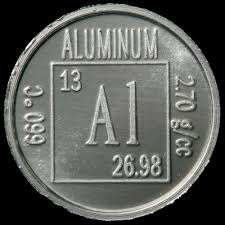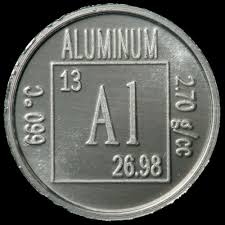David talks with Dr. Chris Exley about the toxicity of Aluminum (or Aluminium, as the British call it). This professor of Bioinorganic Chemistry at Keele…

Keele University
The link between popular pesticides and declining bee populations has been the subject of controversy and the target of research for some time; but the…

An insect form of Alzheimer's disease caused by aluminum contamination may be one of the causes behind an ongoing decline in populations of bees and…

Falling sperm counts and rising infertility are phenomena that have been observed for decades in the developed world. Today, researchers estimate that up to twenty…
